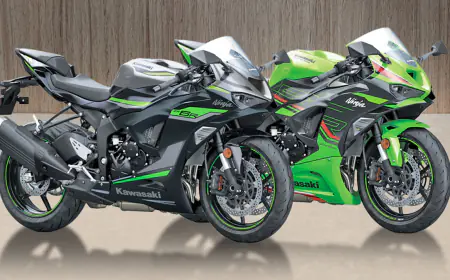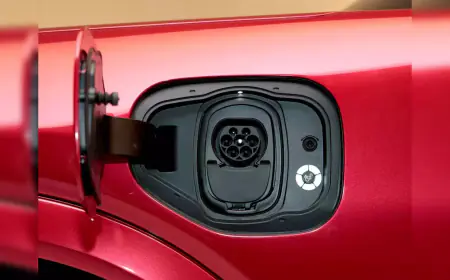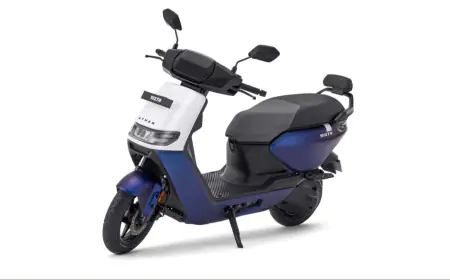Integrated Action Required for Electric Vehicles to Help India Achieve Net Zero Emissions by 2070
The International Monetary Fund (IMF) acknowledged India's progress in meeting emissions reduction targets under the Paris Agreement but warned that, with current policies, greenhouse gas emissions could still increase by more than 40 percent by 2030.

Chennai, India - Industry experts have emphasized the need for integrated actions if electric vehicles (EVs) are to play a pivotal role in India's ambitious goal of achieving net zero emissions by 2070. Without a holistic approach, the transition to EVs could merely shift emissions from vehicle tailpipes to power plant chimneys, they cautioned.
Anirudh Ravi Narayanan, CEO & Co-Founder of BNC Motors, highlighted that coal accounts for 66 percent of India's emissions, with oil and gas contributing another 30 percent. These emissions are primarily associated with energy production and mobility. Narayanan stressed the importance of transitioning India's energy sources to green alternatives, aligning with the widespread adoption of electric vehicles.
The International Monetary Fund (IMF) acknowledged India's progress in meeting emissions reduction targets under the Paris Agreement but warned that, with current policies, greenhouse gas emissions could still increase by more than 40 percent by 2030. The IMF suggested that accelerating the implementation of sustainable policies could help India move closer to its goal of achieving net zero emissions by 2070.
The Indian government has set clear targets in its Panchamrit action plan, including achieving a non-fossil fuel energy capacity of 500 GW by 2030, fulfilling at least half of its energy requirements through renewable energy, and reducing carbon emissions by one billion tons by 2030. India is also working on a strategy for a bio-based economy, with a focus on advanced biofuels and waste-to-energy technologies to reduce emissions.
To diversify energy sources, India aims to achieve 20 GW of nuclear power generation by 2030, which would make it the third-largest producer of atomic energy in the world.
Transitioning to electric vehicles is a crucial step in reducing emissions, particularly in urban areas where vehicular pollution is a significant concern. Government subsidies have facilitated the adoption of EVs, with over 755,000 EVs sold in India from April to September 2023, driven primarily by two-wheelers and three-wheelers.
For widespread EV adoption, industry experts emphasize the importance of establishing fast-charging infrastructure, adopting battery-swapping technology to reduce vehicle acquisition costs, and promoting electric commercial vehicles to reduce carbon emissions.
A notable development is the upcoming pilot project for fast charging electric buses at the Indian Institute of Technology, Madras, in collaboration with Ashok Leyland, as part of an initiative by Hitachi Energy India.
However, there are differing opinions on the environmental impact of EVs. A study from the Indian Institute of Technology, Kanpur, suggests that EVs may cause 15-50 percent more greenhouse gas emissions over their lifecycle compared to hybrid and conventional engine cars. This includes emissions associated with manufacturing, battery usage, and disposal.
With the government's recent decision to reduce demand subsidies for EVs under FAME II (Faster Adoption and Manufacturing of Hybrid and Electric Vehicles in India), it appears that a more cautious approach to EV adoption may be on the horizon. Challenges such as charging infrastructure, establishing an indigenous value chain, and addressing consumer range anxiety could be influencing this shift in policy.
Also Read: New-generation BMW X2 unveiled, got a powerful engine with 307 bhp power with iDrive 9
For Latest News update Subscribe to Sangri Today's Broadcast channels on Google News | Telegram | WhatsApp
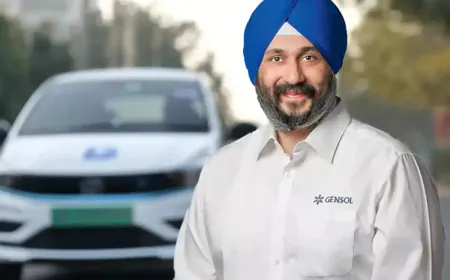
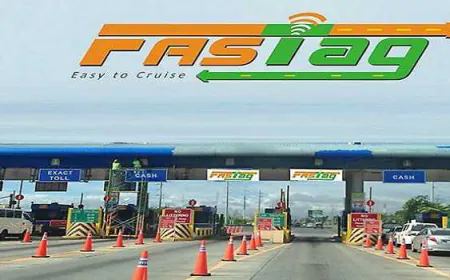
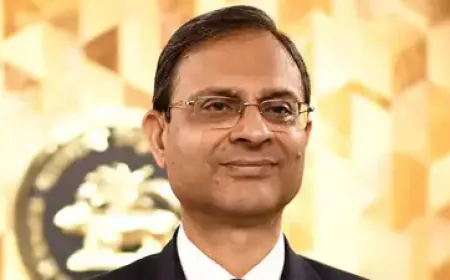


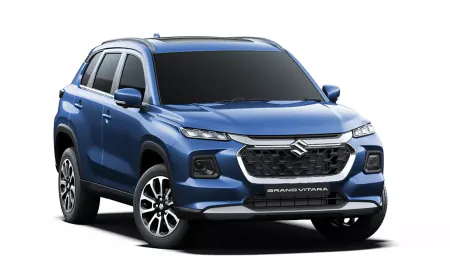






























.jpeg)











































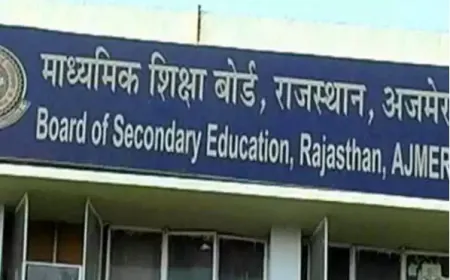



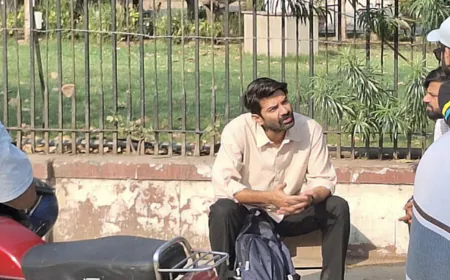




























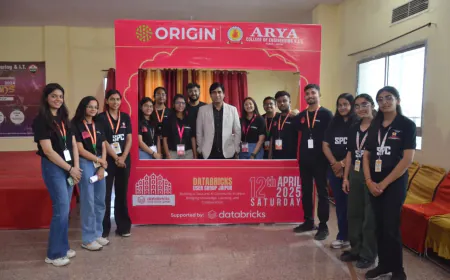


.jpeg)


